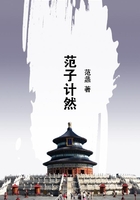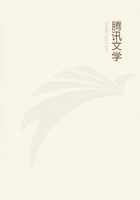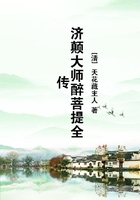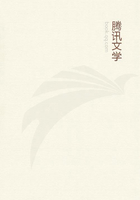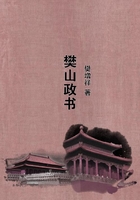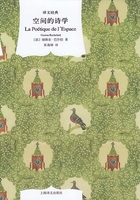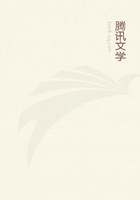We have then to consider, in the first place, the original right of free states to go to war with each other as being still in a state of nature, but as exercising this right in order to establish some condition of society approaching the juridical And, first of all, the question arises as to what right the state has in relation to its own subjects, to use them in order to make war against other states, to employ their property and even their lives for this purpose, or at least to expose them to hazard and danger; and all this in such a way that it does not depend upon their own personal judgement whether they will march into the field of war or not, but the supreme command of the sovereign claims to settle and dispose of them thus.
This right appears capable of being easily established.It may be grounded upon the right which every one has to do with what is his own as he will.Whatever one has made substantially for himself, he holds as his incontestable property.The following, then, is such a deduction as a mere jurist would put forward.
There are various natural products in a country which, as regards the number and quantity in which they exist, must be considered as specially produced (artefacta) by the work of the state; for the country would not yield them to such extent were it not under the constitution of the state and its regular administrative government, or if the inhabitants were still living in the state of nature.Sheep, cattle, domestic fowl the most useful of their kind- swine, and such like, would either be used up as necessary food or destroyed by beasts of prey in the district in which I live, so that they would entirely disappear, or be found in very scant supplies, were it not for the government securing to the inhabitants their acquisitions and property.This holds likewise of the population itself, as we see in the case of the American deserts; and even were the greatest industry applied in those regions- which is not yet done- there might be but a scanty population.The inhabitants of any country would be but sparsely sown here and there were it not for the protection of government; because without it they could not spread themselves with their households upon a territory which was always in danger of being devastated by enemies or by wild beasts of prey; and further, so great a multitude of men as now live in any one country could not otherwise obtain sufficient means of support.Hence, as it can be said of vegetable growths, such as potatoes, as well as of domesticated animals, that because the abundance in which they are found is a product of human labour, they may be used, destroyed, and consumed by man; so it seems that it may be said of the sovereign, as the supreme power in the state, that he has the right to lead his subjects, as being for the most part productions of his own, to war, as if it were to the chase, and even to march them to the field of battle, as if it were on a pleasure excursion.
This principle of right may be supposed to float dimly before the mind of the monarch, and it certainly holds true at least of the lower animals which may become the property of man.But such a principle will not at all apply to men, especially when viewed as citizens who must be regarded as members of the state, with a share in the legislation, and not merely as means for others but as ends in themselves.As such they must give their free consent, through their representatives, not only to the carrying on of war generally, but to every separate declaration of war; and it is only under this limiting condition that the state has a right to demand their services in undertakings so full of danger.
We would therefore deduce this right rather from the duty of the sovereign to the people than conversely.Under this relation, the people must be regarded as having given their sanction; and, having the right of voting, they may be considered, although thus passive in reference to themselves individually, to be active in so far as they represent the sovereignty itself.
56.Right of Going to War in relation to Hostile States.
Viewed as in the state of nature, the right of nations to go to war and to carry on hostilities is the legitimate way by which they prosecute their rights by their own power when they regard themselves as injured; and this is done because in that state the method of a juridical process, although the only one proper to settle such disputes, cannot be adopted.
The threatening of war is to be distinguished from the active injury of a first aggression, which again is distinguished from the general outbreak of hostilities.A threat or menace may be given by the active preparation of armaments, upon which a right of prevention (jus praeventionis) is founded on the other side, or merely by the formidable increase of the power of another state (potestas tremenda) by acquisition of territory.Lesion of a less powerful country may be involved merely in the condition of a more powerful neighbour prior to any action at all; and in the state of nature an attack under such circumstances would be warrantable.This international relation is the foundation of the right of equilibrium, or of the "balance of power," among all the states that are in active contiguity to each other.
The right to go to war is constituted by any overt act of injury.
This includes any arbitrary retaliation or act of reprisal (retorsio) as a satisfaction taken by one people for an offence committed by another, without any attempt being made to obtain reparation in a peaceful way.Such an act of retaliation would be similar in kind to an outbreak of hostilities without a previous declaration of war.For if there is to be any right at all during the state of war, something analogous to a contract must be assumed, involving acceptance on the side of the declaration on the other, and amounting to the fact that they both will to seek their right in this way.
57.Right during War.

